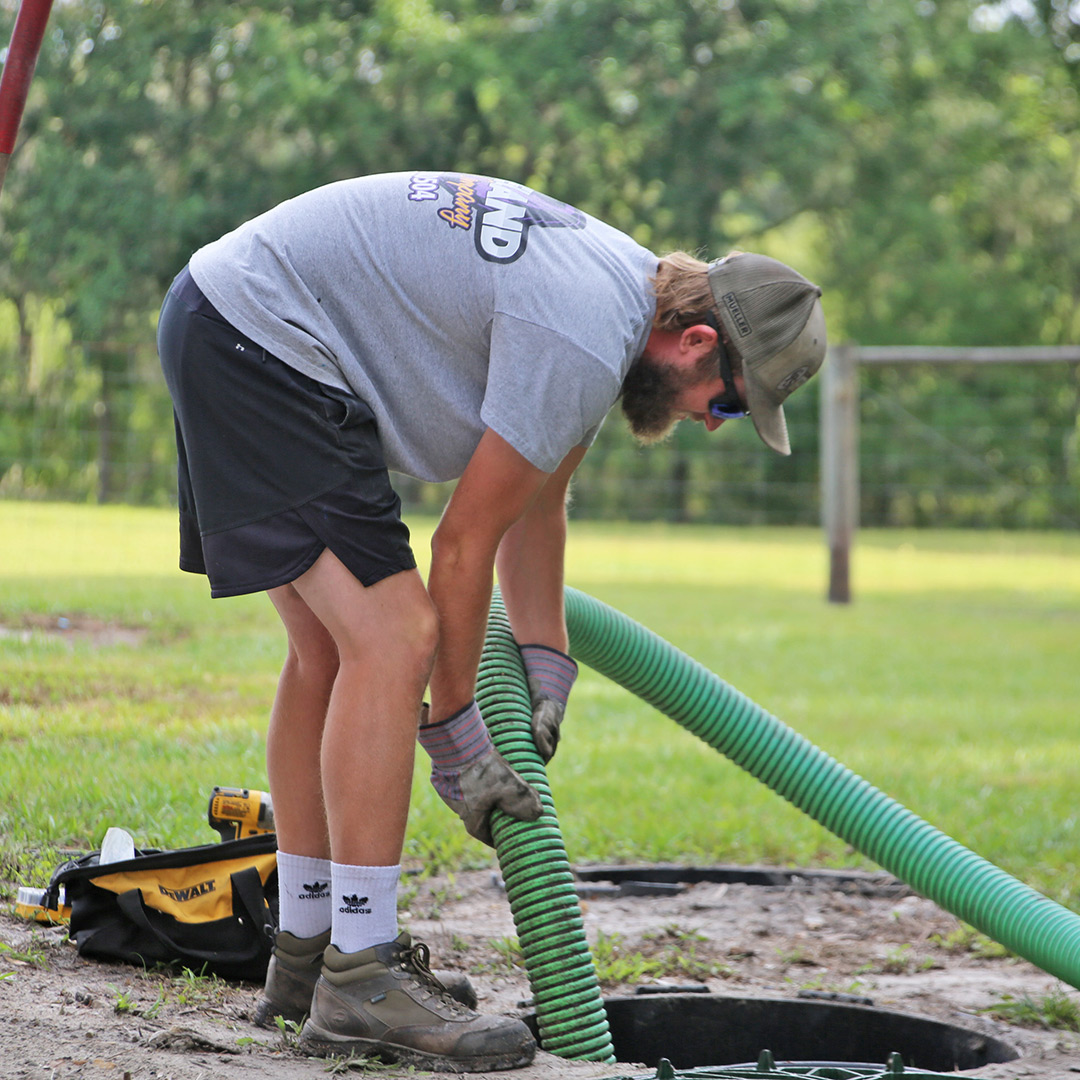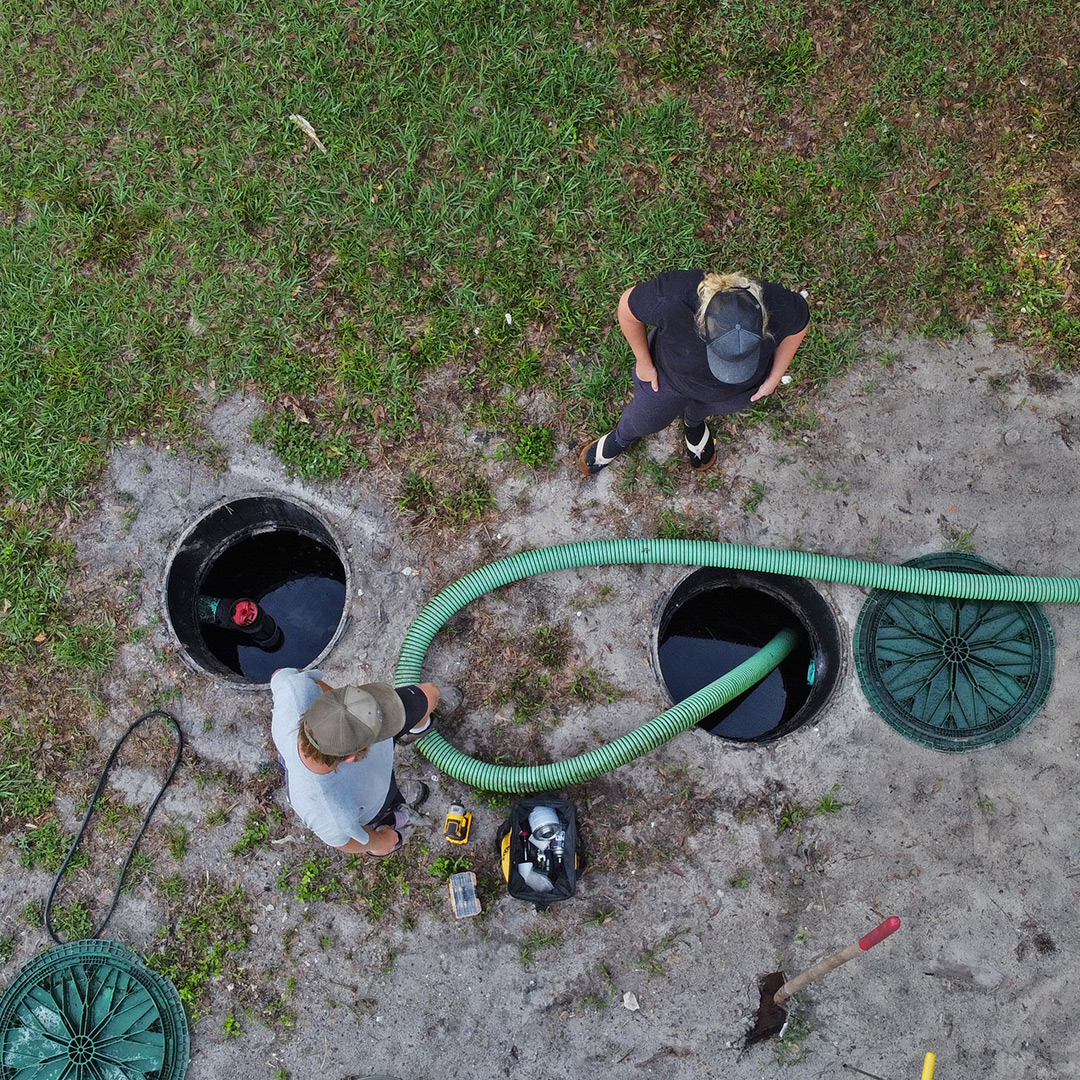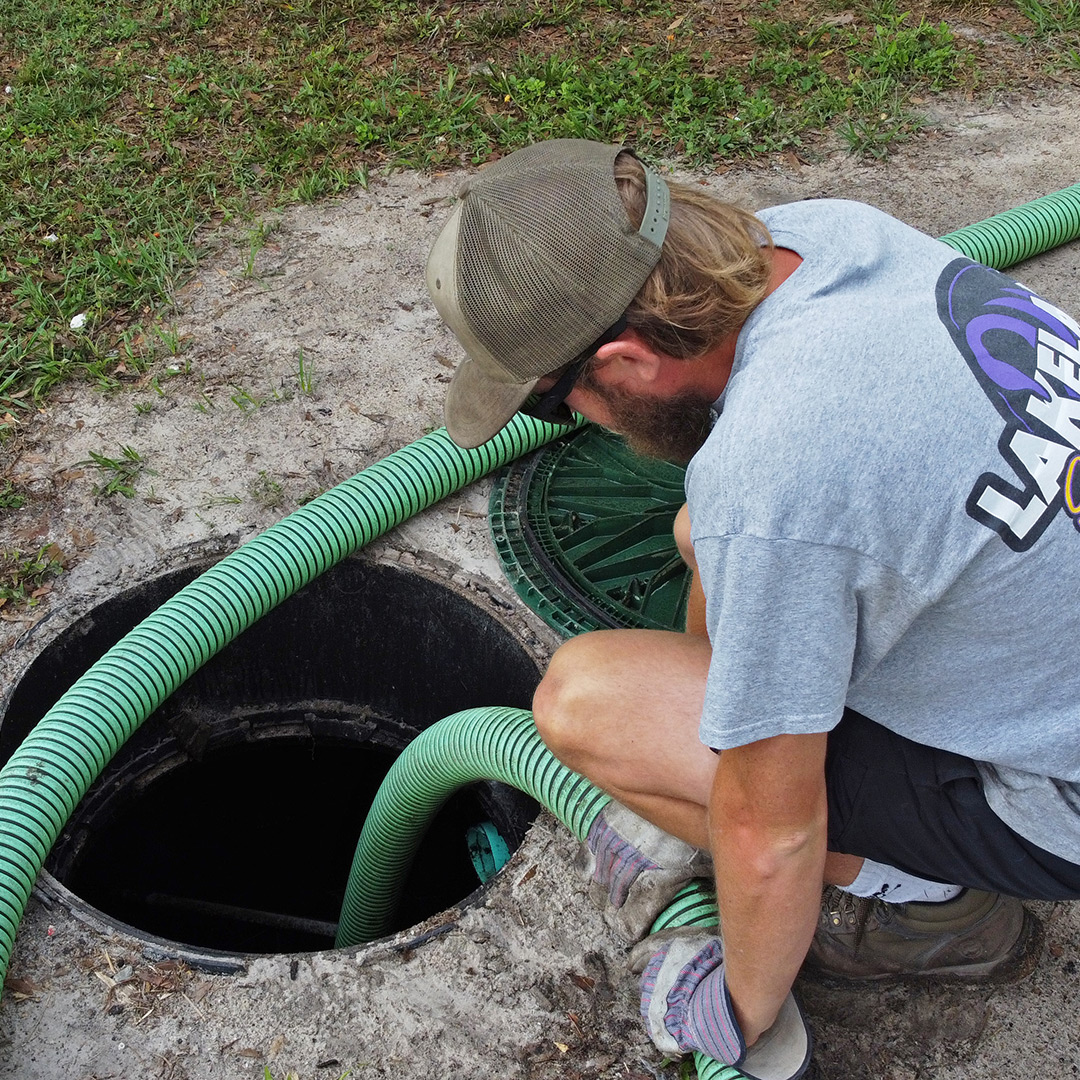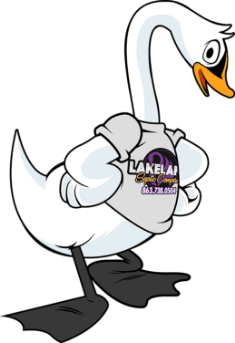What To Do When Your Sewer Backs Up
It’s a nightmare scenario: you’re either taking a shower, running water in the sink, or flushing your toilet, and your sewer backs up. Sewers backing up can be a disgusting and potentially hazardous problem. So, it begs the question- what do you do with a sewer that is regurgitating waste into your home? Don’t panic; here’s what to do when your sewer backs up.
 Causes of Sewer Backups
Causes of Sewer Backups
First, you need to understand what causes sewer backups. They can be triggered by various factors, often related to the condition of both public sewer systems and private property lines. Frequent causes include:
Clogs
Grease, hair, sanitary products, and other debris can accumulate over time, blocking pipes and restricting water flow.
Tree Roots
Tree roots are among the most damaging elements to sewer lines. They can infiltrate sewer lines, causing blockages and thousands of dollars of damage to pipes.
Aging Infrastructure
Aging infrastructure is more common in older neighborhoods. Older pipes may collapse, crack, or become disjointed, leading to backups.
Heavy Rainfall
Excessive rain can quickly overwhelm inadequate or older sewer systems, leading to overflow back into homes.
Acting with Sewer Backups
At the first sign of a sewer backup, take these steps to mitigate damage to your home and safeguard your health:
Halt Water Use
Don’t use water in your home to prevent the backup from worsening. If your sink, shower, or tub isn’t draining, don’t add to the problem.
Evacuate Affected Areas
Get pets and family members away from affected areas to avoid contact with hazardous sewage.
Shut Off Electricity
If the backup involves electrical areas, cut power to keep family and pets from being electrocuted.
Call a Professional Septic Service
Contact a sewage cleanup specialist to address the blockage and begin cleanup.
Cleanup Procedures
Cleaning up after a sewer backup is undeniably gross and requires careful attention to hygiene and safety. Here are some cleanup tips:

Wear Protective Gear
Use gloves, boots, and masks to protect against harmful bacteria.
Remove Sewage and Water
Let a professional pump water and sewage out of your home is best. They have the experience and equipment to pump out your home safely.
Discard Contaminated Items
Safely dispose of items that cannot be cleaned and disinfected.
Clean and Disinfect
Thoroughly clean all affected surfaces with stronger cleaners and disinfectants.
Dry Out the Area
Use fans and dehumidifiers to dry out the area to prevent mold growth.
Repair and Restoration
After cleanup, assess and repair any damage to your property:
Inspect and Repair Pipes
Have a professional inspect and repair any damaged sewer lines.
Restore Damaged Property
Replace or repair damaged walls, flooring, and personal items.
Consider Waterproofing
To prevent future incidents, consider waterproofing measures in vulnerable areas.
Prevention Strategies
Preventing sewer backups involves regular maintenance and cautious usage of your plumbing system:
Regular Inspections
Have your sewer line inspected regularly by professionals to catch potential issues early.
Don’t Pour Grease Down Drains
Grease solidifies in pipes, leading to clogs.
Dispose of Waste Properly
Only toilet paper should be flushed down the toilet; “flushable” wipes, Kleenex, and sanitary products can cause a blockage.

Install a Backwater Prevention Valve
This valve automatically closes if sewage backs up, preventing it from entering your home.
To Sum Up
Dealing with a sewer backup is a taxing experience, but understanding its causes, knowing how to respond, and taking steps to prevent future incidents can help you through this unpleasant situation. By maintaining your plumbing system, being mindful of what you flush or pour down drains, and following preventive measures, you can protect your home from the disruptions and health hazards posed by sewer backups.
Let Lakeland Septic Deal Maintain Clean Your Sewer Lines
If you live in the greater Lakeland or Polk County areas, call us today at 863-738-0504 or complete our online contact form. Get in touch before your sewer lines become clogged and cause a filthy, health-threatening sewage backup in your home; get in touch now.


